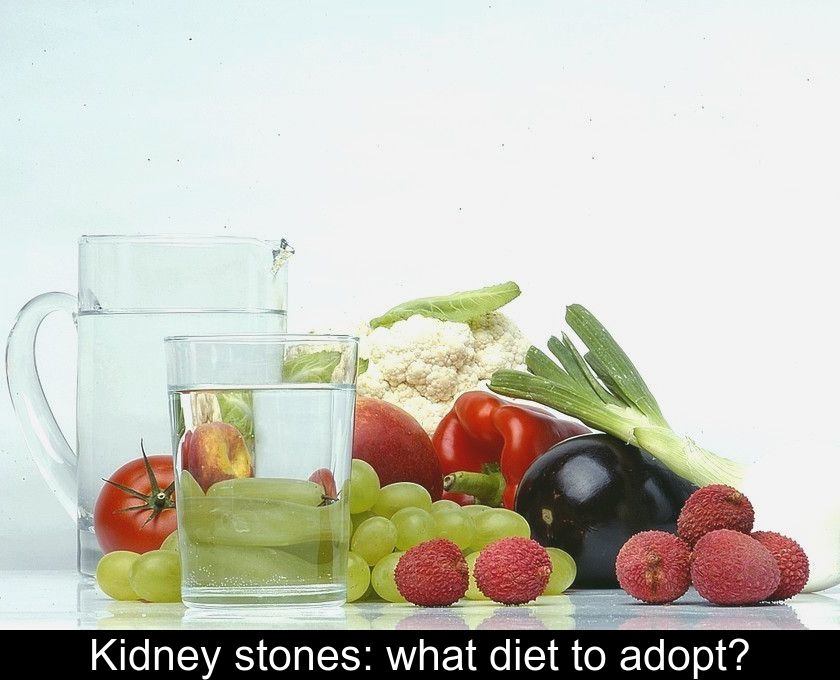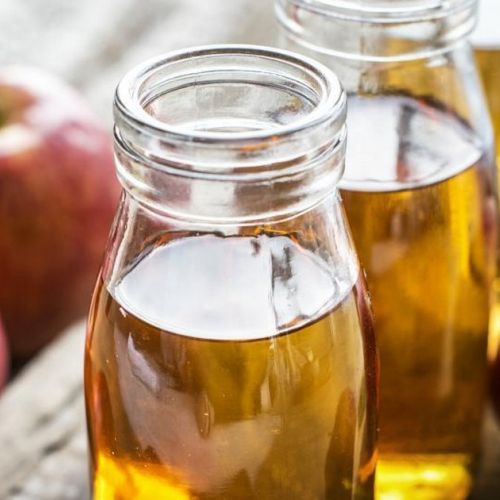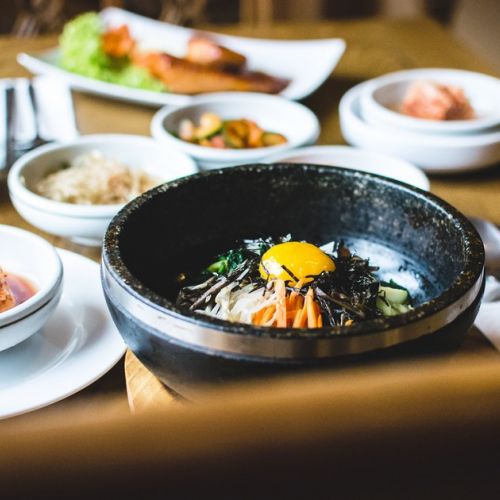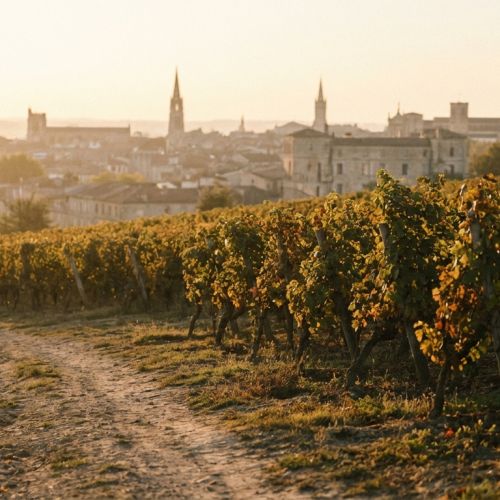Kidney Stones: What Diet To Adopt?
Did you know that the occurrence of kidney stones is largely related to diet? We suggest that you find out what diet to adopt to prevent these stones and avoid recurrences of renal colic.
What should I drink and how much?
Dark, highly concentrated urine promotes the formation of kidney stones. That's why you need to make sure you always keep your urine light in color.
To prevent kidney colic attacks and eliminate small stones through natural ways, you should therefore drink between 2 and 2.5 liters of water per day.
Drink in small sips throughout the day, from the time you get up until you go to bed, even when you are not thirsty.
While it is advisable to drink water without moderation, it is best to limit yourself to two to three cups of tea or coffee per day. You should also cut down on alcohol and soda consumption.
Alcohol has a dehydrating effect and increases uric acid levels in the urine. Therefore, follow official recommendations and do not consume more than 1-2 glasses of wine per day and not every day.
What foods should I limit?
Most commonly, kidney stones are composed of calcium oxalate. For this reason, nephrologists have long recommended that their patients limit calcium-rich foods.
However, if your dietary intake is not sufficient, your body will use the calcium in your bones to meet its needs.
Not only does this increase the risk of osteoporosis, it also increases the risk of developing stones again. So it's best to eat dairy products, sticking to the recommended intake of 1,000 mg of calcium per day, or two daily dairy products.
Because excessive consumption of animal protein increases the risk of kidney stones, you should not exceed 100 to 150 grams of animal protein per day, whether it is meat, fish, or eggs.
Other foods at risk are salt, fructose and alcohol. In practice, it is strongly advised to limit very salty industrial foods such as appetizer cookies, chips but also ready-made meals, cold cuts and cheeses.
In order to moderate your fructose intake, do not eat more than 2 fruits per day and one tablespoon of honey per day.
Reducing your alcohol and sugar intake will also help you not gain weight, which is a good way to avoid kidney colic attacks. In fact, being overweight is a risk factor for this condition.
What foods promote kidney stones?
Because kidney stones are most often composed of calcium oxalate, it is also known that certain oxalate-rich foods promote the formation of these stones.
To prevent kidney colic attacks you should limit, but not completely eliminate, the following foods:
- cocoa and dark chocolate
- tea
- oilseeds such as peanuts, almonds, walnuts, hazelnuts
- asparagus, sweet potatoes and beets
- some green vegetables such as chard, broccoli, spinach and sorrel
- red berries
- some fruits such as figs and rhubarb.
What foods should I choose?
With the exceptions cited in the paragraph above, most fruits and vegetables are beneficial.
They have a rightful place in the kidney stone prevention diet because they contribute to the hydration of the body. Did you know that consuming 600 grams of fruits and vegetables is equivalent to drinking half a liter of water?
Also, because they are rich in minerals, potassium and magnesium, fruits and vegetables make urine less acidic, which helps reduce the risk of stone formation.
Focus on potassium-rich fruits and vegetables such as potatoes, beans and bananas.
To get enough vegetables in your daily diet, always include a raw, soup or cooked vegetable at each meal (lunch and dinner) and eat 2 whole fruits throughout the day.
As for the cooking method, you should know that steaming is the best way to preserve the water-soluble minerals in vegetables.









